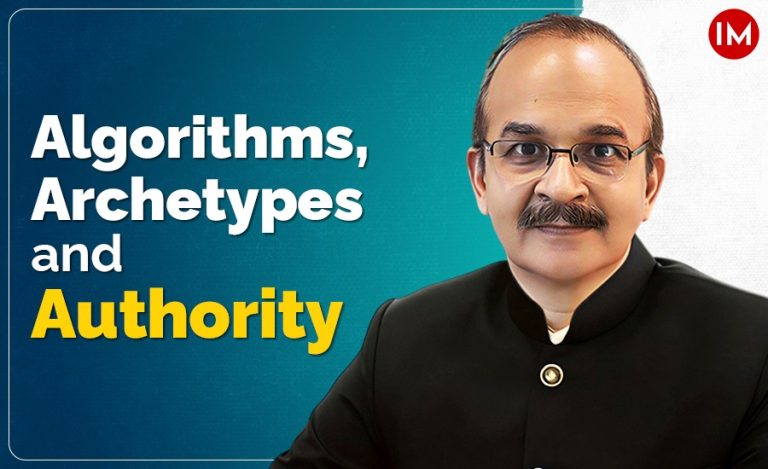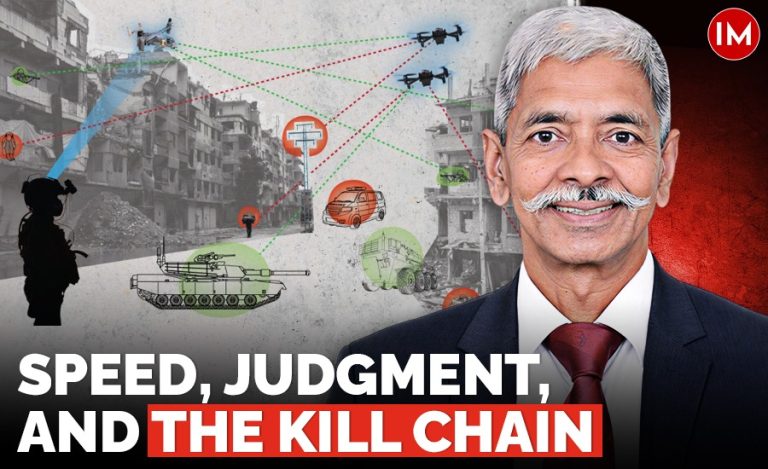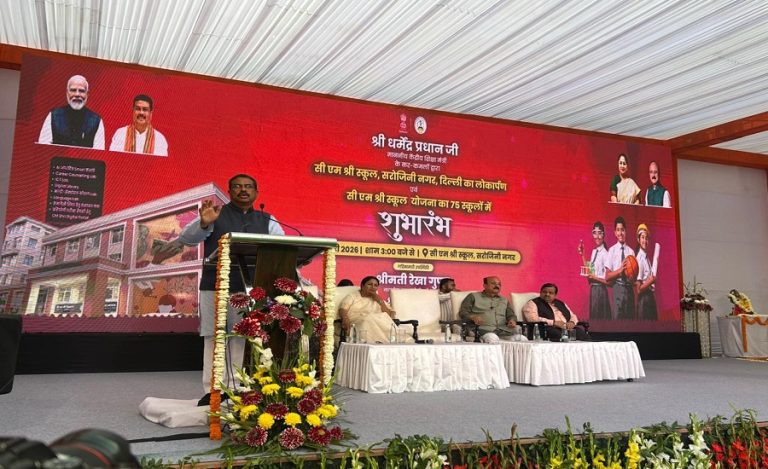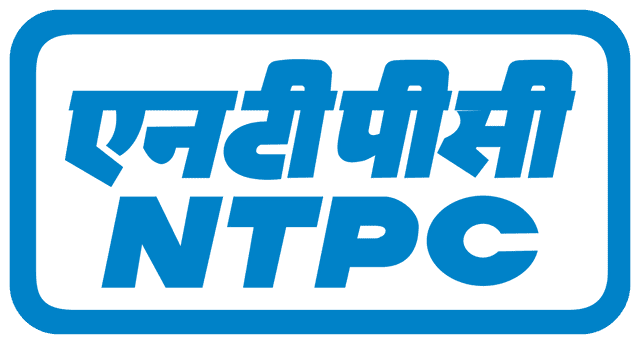Law enforcement in India faces a dual challenge: managing the rising complexity of crime while operating with limited resources. Traditional reactive policing—responding only after a crime has occurred—cannot by itself ensure public safety, especially in environments dominated by repeat offenders, organised crime, and emerging urban vulnerabilities. Globally, jurisdictions from Los Angeles to London have experimented with predictive policing, using statistical models and data analytics to forecast where and by whom crime is likely to occur.
In India, however, predictive policing has remained largely an academic concept. Concerns about bias, transparency, and civil liberties have deterred its adoption. Against this backdrop, Project Trinetra in Akola district, Maharashtra, stands out as one of the first serious attempts to create a scientifically rigorous and ethically safeguarded framework for predictive policing in the country.
What is Project Trinetra?
Trinetra—an acronym for Targeted Risk-based Insights for Next-crime Estimation & Tactical Resource Allocation—is a district-level innovation launched by the Akola Police under the leadership of Superintendent of Police Archit Chandak, with guidance from Kishan Panpalia, one of India’s foremost AI entrepreneurs.
Core Approach
At its core, Trinetra applies statistical modelling and machine learning to analyse repeat offenders. Instead of casting a wide net across entire populations, it narrows the focus to individuals with a history of serious or violent crime. Using a Repeat Offender Risk Scoring (RORS) model, each offender is assigned a dynamic probability score based on three weighted factors:
Risk Scoring Model
- Past Conviction & Crime Type (logistic weighting of severity, IPC sections, repeat 302s, etc.)
- Criminal Trajectory (decision-tree weighting based on escalation patterns – property crime to violent crime, for example)
- Spatio-temporal Proximity (near-repeat modelling: if an offender committed burglary in Ward A last week, risk of recurrence nearby in the next 14 days is high).
This composite score generates a district-wide dashboard that ranks offenders by relative risk. Importantly, the model is station-wise, region-wise, and section-wise, enabling granular operational planning.
Why Trinetra Matters?
- From Reactive to Preventive Policing
- Traditional policing treats crimes as isolated events, whereas Trinetra recognizes patterns. By identifying the 5–10% of repeat offenders responsible for a disproportionate share of serious crime, it enables scarce police resources to be deployed proactively, preventing harm before it occurs.
- Evidence-based Policing
- Historically, policing in India has relied on anecdotal intelligence and officer discretion, often resulting in bias. Trinetra seeks to replace intuition with measurable probabilities. International studies (RAND, US DOJ) show that predictive models, when correctly implemented, can reduce burglaries and violent crime by up to 25%.
- District as a Laboratory, State as Beneficiary
- Akola, with its 23 police stations and diverse crime profile, offers a manageable testbed. A successful model here can be scaled to other districts and presented at the state and national levels as an indigenous, field-tested template.
- Alignment with National Priorities
– Prakash Singh reforms demanded professionalisation, autonomy, and data-driven policing. Trinetra operationalises these ideals.
– Digital India and Smart Policing initiatives emphasise e-governance and analytics. Trinetra demonstrates how AI can serve governance, not just commerce.
– SDG 16 (Peace, Justice, and Strong Institutions) calls for measurable reductions in violence and the strengthening of the rule of law. Trinetra is a district-level contribution to global benchmarks.
Safeguards Against Risks
The strongest criticism of predictive policing internationally is that it risks perpetuating bias against vulnerable communities. Trinetra acknowledges this upfront and builds in safeguards:
• Focus only on repeat offenders, not entire communities: The model never targets individuals based on caste, religion, or geography; it assesses individuals with prior criminal records.
• Transparent scoring methodology: RORS weights are published internally, subject to audit, and periodically recalibrated to avoid drift.
• Human-in-the-loop: Predictions never trigger automatic arrests. They only inform tactical deployment, subject to officer’s judgement.
• Citizen Feedback Loop: Integrated with Project Raksha, Akola’s QR-based citizen feedback system, ensuring accountability at the station level.
This combination addresses both operational efficiency and constitutional safeguards, making Trinetra a model designed to withstand scrutiny.
Early Insights from Akola
Preliminary analysis of 1,800+ repeat-offender records across the district has yielded actionable insights:
• Concentration Effect: 12% of repeat offenders accounted for over 40% of serious IPC cases.
• Spatial Hotspots: Certain wards (e.g., Dabki Road belt) showed clustering of burglary-cum-assault cases within a 500m radius.
• Temporal Cycles: Offences spiked near monthly wage disbursal days, suggesting economic triggers.
• Escalation Patterns: Offenders with 3–4 property crimes were statistically more likely to graduate into violent crime within 18 months.
These findings are not merely anecdotal impressions; they represent district-level empirical patterns generated for the first time.
Deliverables and Impact Pathway
With collaboration from research institutions such as IIIT Hyderabad, Trinetra seeks to expand from pilot to an institutionalised system. The deliverables include:
- District Dashboard: Live risk scores, heatmaps, and offender rankings for every police station.
- Operational Protocols: SOPs for how station officers act on risk alerts – extra surveillance, preventive binding, community watch, or patrolling.
- Capacity Building: Training modules so local officers can interpret and use analytics without dependency on external experts.
- Ethical Governance Layer: Regular audits by district magistracy/legal experts to ensure no misuse or bias.
- Scalability Framework: Documentation enabling replication in other districts/states.
The impact pathway is clear: lower rates of repeat crime, increased citizen trust, and more data-driven allocation of limited police manpower.
Policing in India is at a critical juncture. Reports, such as the Status of Policing in India Report (SPIR 2018), highlight deep-seated citizen distrust, a lack of accountability, and infrastructure gaps. At the same time, citizens demand greater transparency, faster response, and preventive safety.
Project Trinetra positions Akola—and, by extension, Maharashtra—as a pioneer in bridging this gap. It sends a powerful message: India can innovate its own predictive policing framework, one that is scientifically sound, ethically safeguarded, and operationally effective.
In the coming years, the aspiration is to elevate Trinetra into a national reference model, informing MHA guidelines for ethical AI in policing. If developed with rigour, it could even be showcased as part of India’s governance innovation story on global platforms such as UNDP, World Justice Project, or the G20 working group on Digital Public Infrastructure.
Project Trinetra is not merely a technological pilot; it is a comprehensive initiative. It is an experiment in governance transformation, where data science meets public safety, where ethical safeguards meet operational pragmatism, and where a district-level innovation can chart a road-map for national reform.
In a country where police reform has been debated for decades but rarely implemented, Trinetra offers a concrete, measurable, and replicable pathway forward—embodying the true spirit of the Nexus of Good.


































